The 1960s and 1970s were packed with iconic songs that have stood the test of time. However, not every chart-topping hit managed to keep its place in the public’s memory. Some songs were massive successes, dominating radio playlists and record sales, yet today they’ve drifted into obscurity. Let’s take a nostalgic trip back to 14 songs from the ’60s and ’70s that were undeniably huge—but we can’t quite remember why.
1. Dizzy – Tommy Roe (1969)
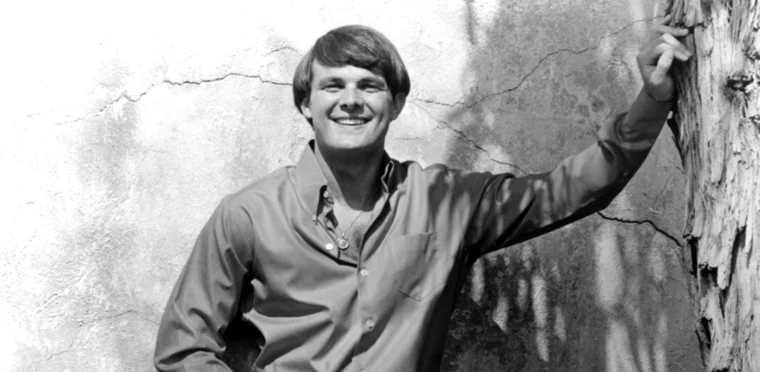
This bubblegum pop hit reached No. 1 on the Billboard Hot 100 and stayed there for four weeks. With its swirling melody and catchy chorus, Dizzy perfectly captured the playful sound of the late ’60s. While it was a massive hit at the time, it hasn’t quite maintained its staying power alongside other hits of the era. Despite its initial popularity, the song’s repetitive nature may have contributed to its gradual fade from public consciousness.
2. Indian Reservation (The Lament of the Cherokee Reservation Indian) – The Raiders (1971)
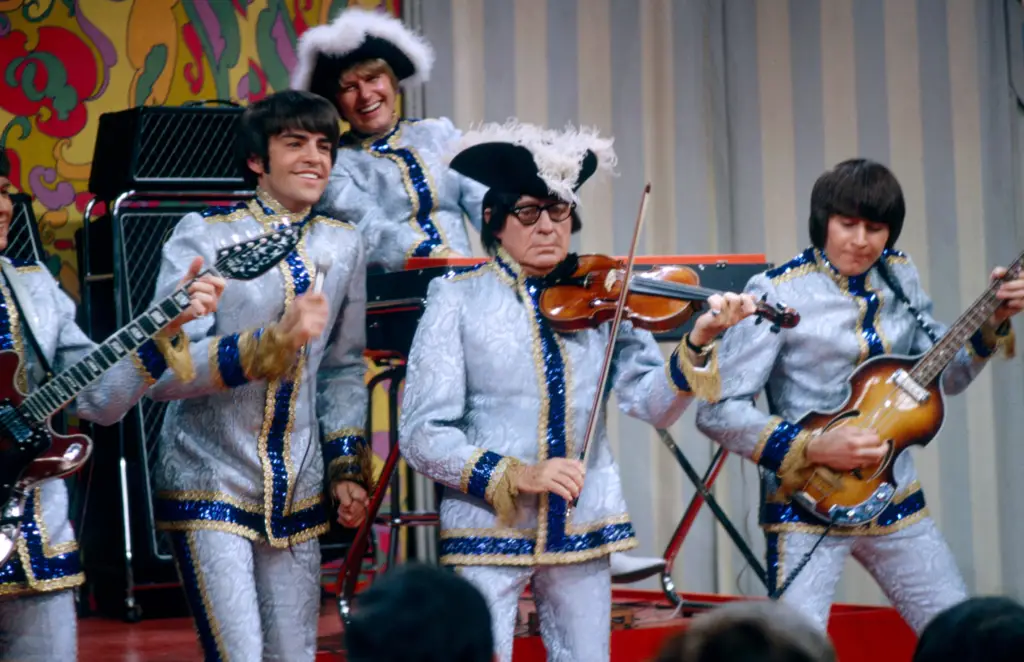
Originally recorded by Marvin Rainwater, this song was reimagined by The Raiders and soared to the top of the charts in 1971. It became the group’s biggest hit and remains the best-selling single for the Columbia Records label. Despite its success, the song’s heavy-handed lyrics and the changing attitudes toward cultural representation may have led to its quiet disappearance from oldies playlists. Today, it’s rarely heard, even among fans of ’70s rock.
3. One Tin Soldier (The Legend of Billy Jack) – Coven (1971)
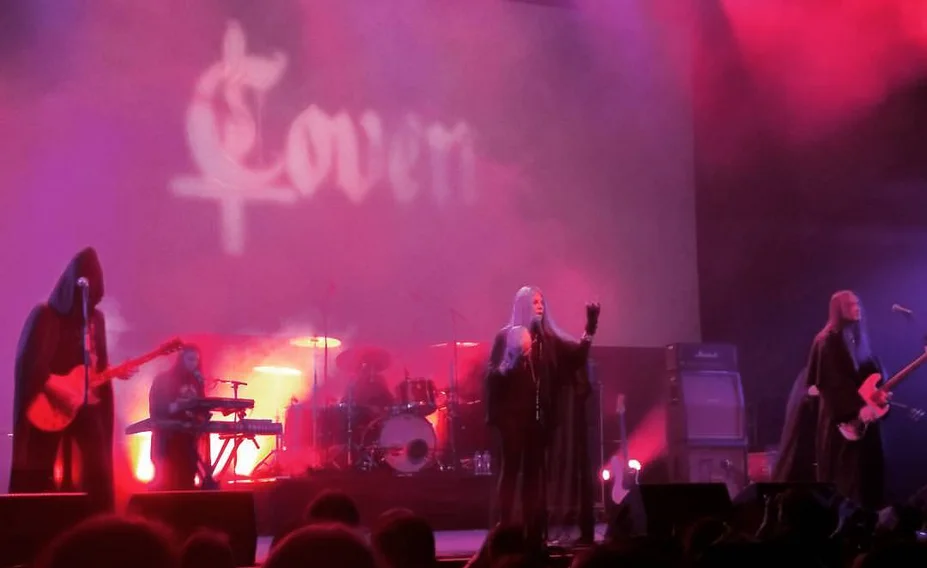
This folk-rock track gained popularity as the theme song for the cult classic movie Billy Jack. It had a strong anti-war message and a memorable melody, making it a radio favorite. However, the film itself fell into obscurity, taking the song along with it. While it had all the ingredients of a lasting hit, its fate was too closely tied to the movie’s niche appeal.
4. Tie a Yellow Ribbon Round the Ole Oak Tree – Tony Orlando and Dawn (1973)
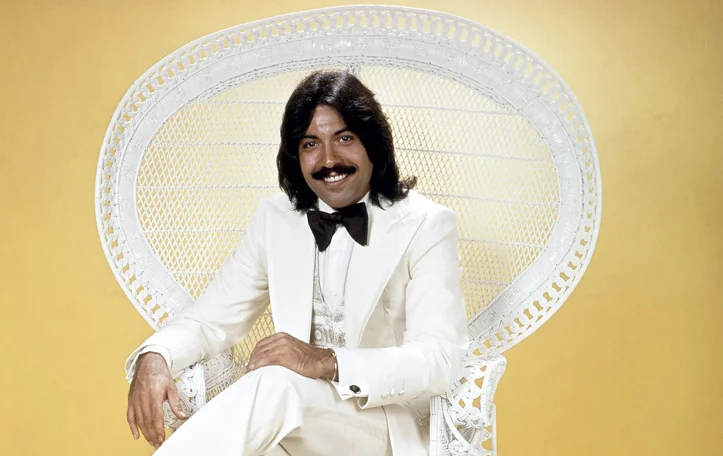
This song was an absolute phenomenon when it was released, reaching No. 1 and becoming a cultural touchstone tied to homecomings and celebrations. The lyrics told the story of a man returning home after a prison sentence, hoping for forgiveness and a sign of welcome. Despite its heartwarming story and initial impact, the song’s overly sentimental tone hasn’t aged well, and it rarely finds a spot on modern playlists.
5. Afternoon Delight – Starland Vocal Band (1976)
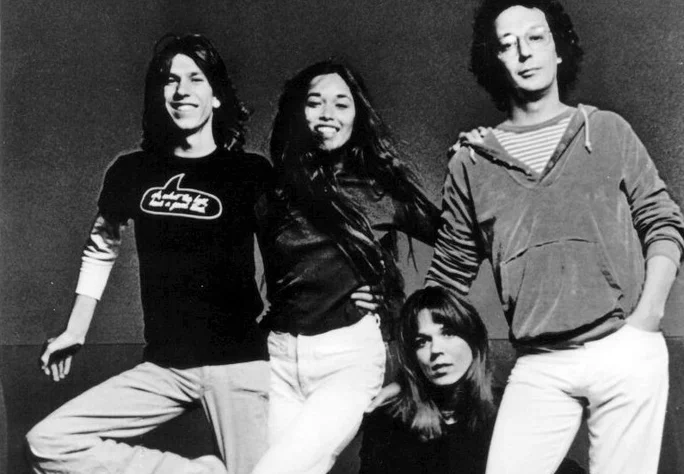
With its light, breezy harmonies and innocent-sounding melody, Afternoon Delight was a surprise hit, even earning the band a Grammy for Best New Artist. However, the cheeky innuendo in the lyrics makes it an odd fit for radio today, and the band never replicated their success. The song’s unusual blend of wholesomeness and suggestiveness might explain why it’s often remembered more as a novelty than a classic.
6. Billy, Don’t Be a Hero – Bo Donaldson and The Heywoods (1974)
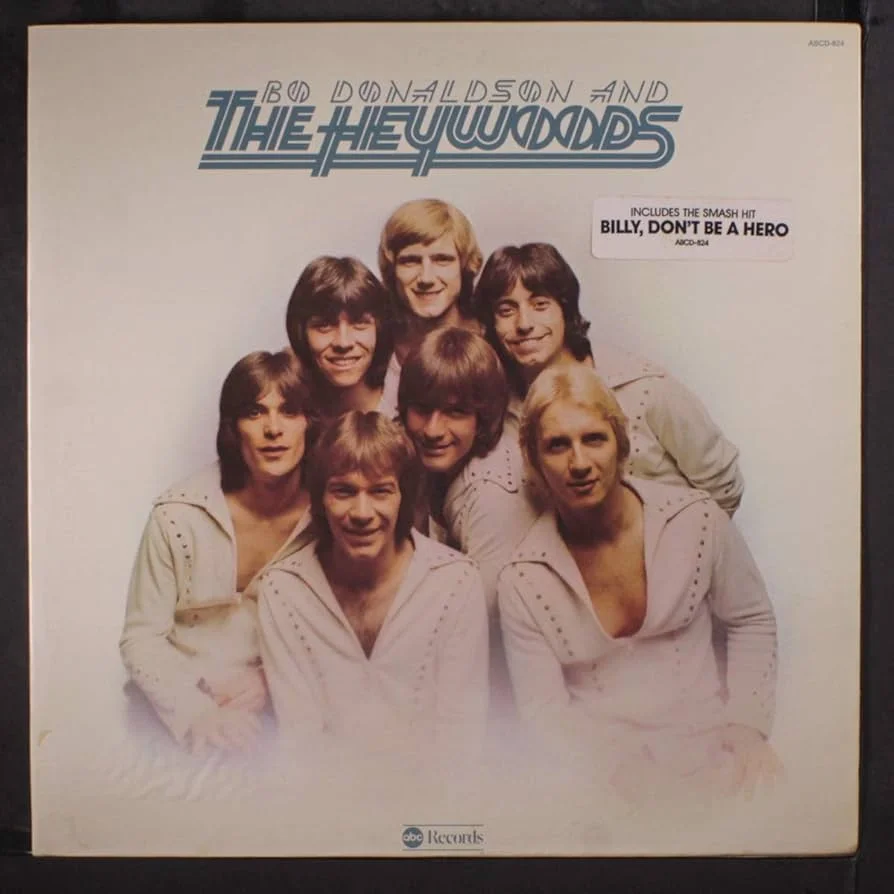
This song topped the charts with its story of a young man who dies heroically in battle, but its overly dramatic lyrics and upbeat tempo created a strange mix. It was part of a trend of story songs in the 1970s, but it didn’t have the same staying power as other tracks of its kind. Today, it feels like a relic of its time, rarely resurfacing outside of deep-cut compilations.
7. Na Na Hey Hey Kiss Him Goodbye – Steam (1969)
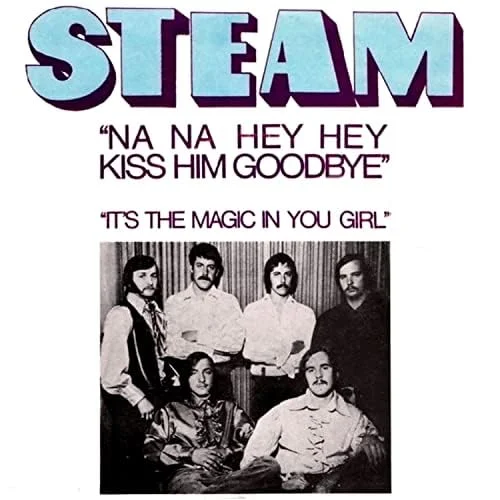
You might not remember the full song, but everyone knows the chant: “Na na na na, hey hey hey, goodbye.” The track reached No. 1 and became a staple at sporting events, but the rest of the song has largely been forgotten. The chorus took on a life of its own, while the full track became little more than a curiosity. It’s a unique case where a song’s hook outlived the track itself.
8. The Night Chicago Died – Paper Lace (1974)
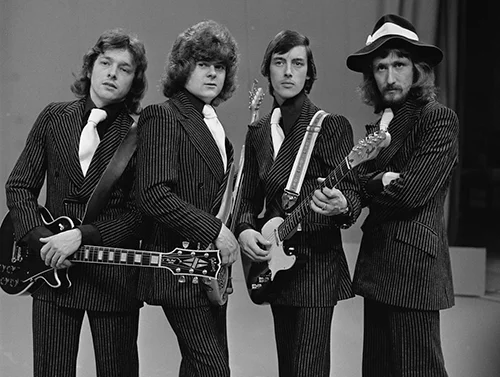
Inspired by 1930s gangster lore, The Night Chicago Died was a chart-topping hit with a dramatic story and an infectious melody. The British band Paper Lace took some historical liberties in the song, blending fact with fiction, which may be part of why the track didn’t endure. While it was undeniably catchy, the novelty aspect of the song overshadowed its potential for long-term appeal.
9. Brand New Key – Melanie (1971)
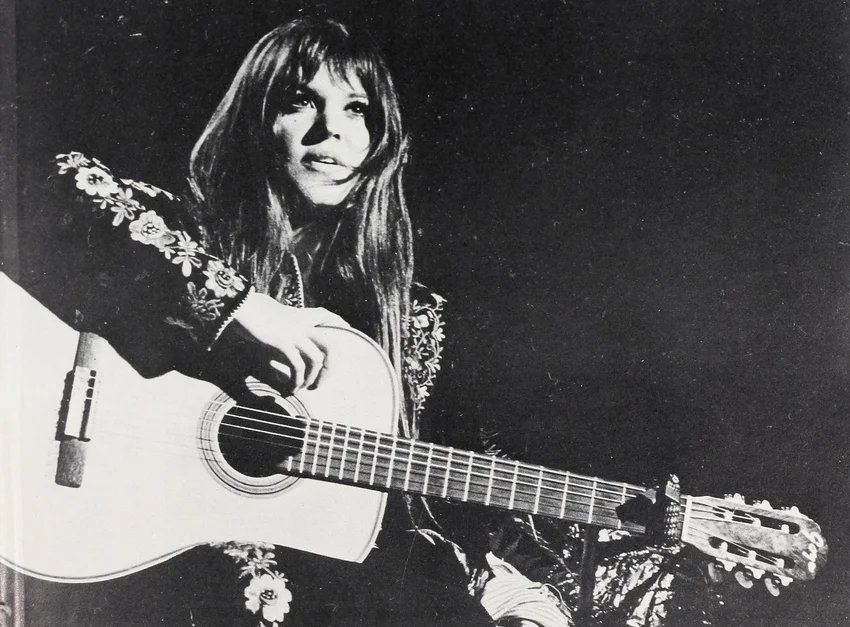
Also known as The Rollerskate Song, this quirky folk tune hit No. 1 with its playful lyrics and catchy chorus. The song’s innocent sound masked some cheeky undertones, which gave it a unique charm at the time. However, the novelty of the track may have worn off, leading to its gradual disappearance from radio and nostalgia playlists. It’s one of those songs you might not recognize by name but instantly recall upon hearing.
10. Love Grows (Where My Rosemary Goes) – Edison Lighthouse (1970)
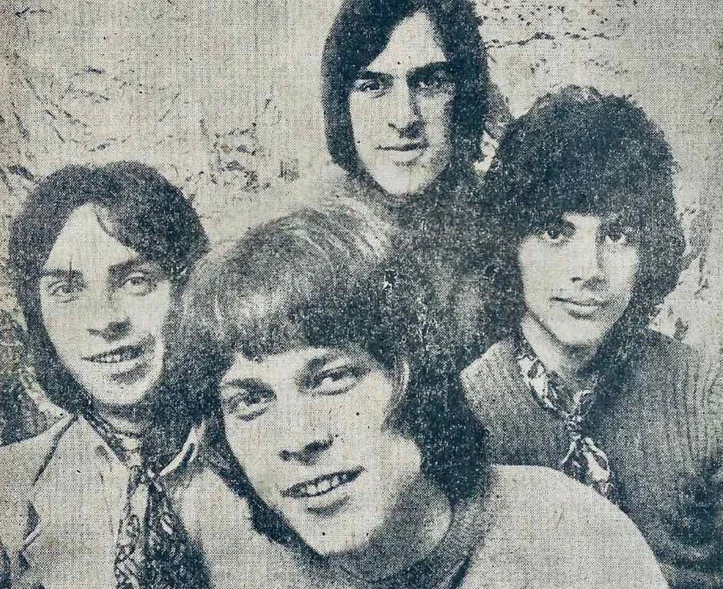
This bubblegum pop hit had a feel-good melody and infectious chorus, propelling it to No. 1 in the UK and high on the U.S. charts. Despite its initial success, the band is often considered a one-hit wonder, and the song didn’t maintain the same legacy as other hits from the era. It remains a fun throwback, but it rarely surfaces outside of oldies compilations.
11. Gimme Dat Ding – The Pipkins (1970)
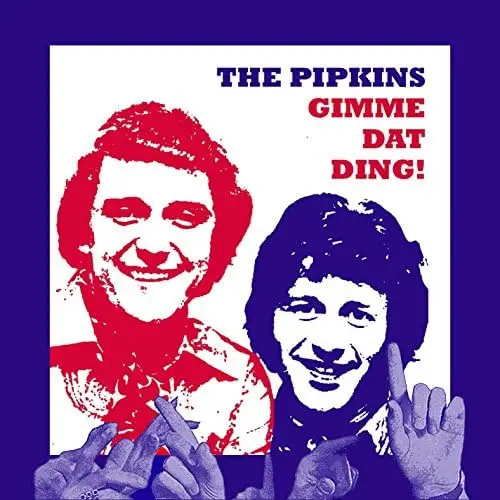
This novelty song, with its playful and slightly absurd lyrics, was a hit in both the U.S. and the UK. The track had a vaudeville vibe and stood out during a time of serious rock and pop hits. However, its silly nature meant it lacked the substance needed for lasting impact. Today, Gimme Dat Ding is more likely to provoke a chuckle of recognition than a place on a playlist.
12. Rock Your Baby – George McCrae (1974)
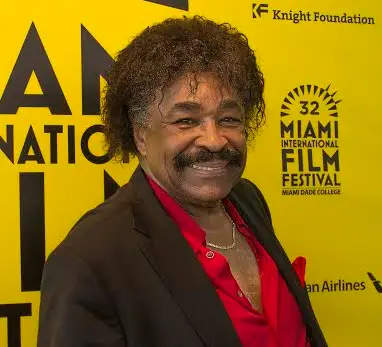
This disco classic was one of the earliest hits of the genre, reaching No. 1 and influencing many artists who followed. While the song helped usher in the disco era, it didn’t maintain its position as a genre-defining track like others from that time. The rise of disco brought countless hits, and Rock Your Baby was overshadowed by songs with stronger hooks and more enduring appeal.
13. In the Year 2525 – Zager and Evans (1969)
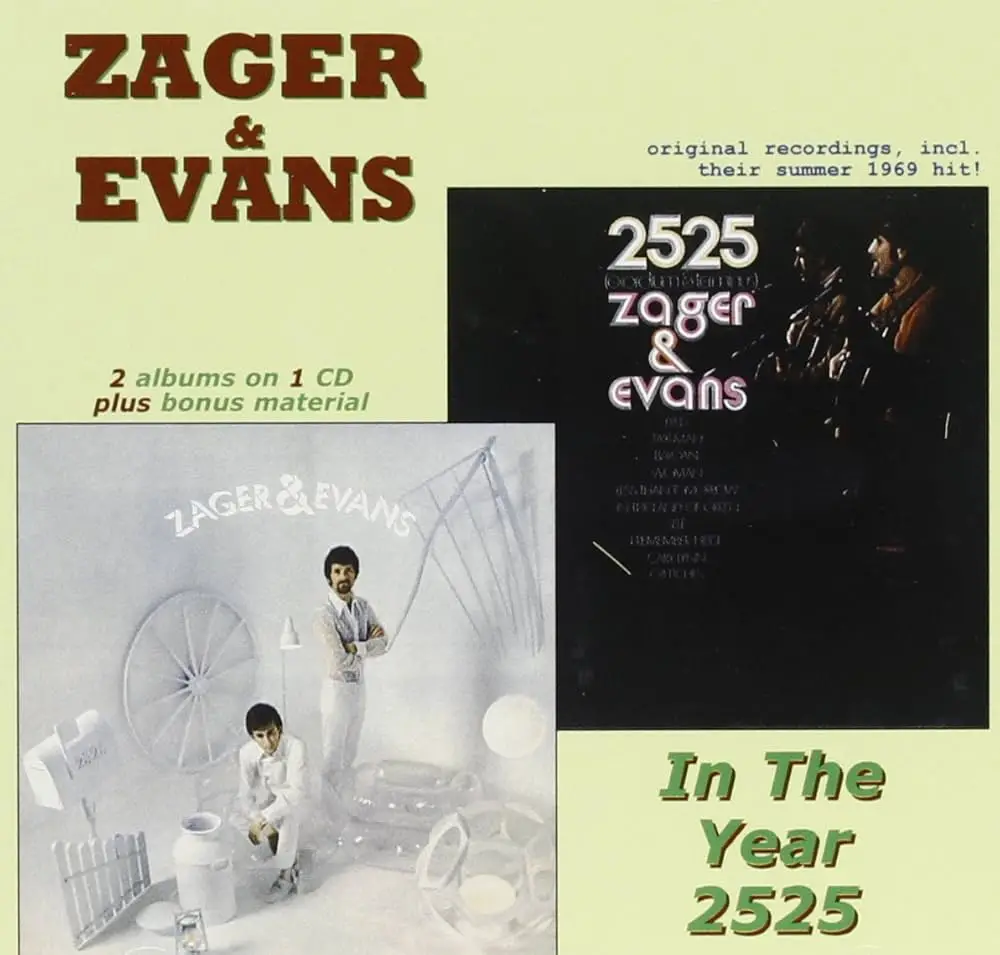
This dystopian track painted a bleak picture of the future with each passing millennium, resonating with audiences during the tumultuous late ’60s. It became a chart-topping hit but also ended up being Zager and Evans’ only big success. The song’s heavy, almost eerie tone likely contributed to its fall into obscurity. While it was captivating for a moment, it hasn’t found a lasting place in classic rock or oldies rotations.
These songs once ruled the charts and captured the hearts of music fans everywhere, but time hasn’t been kind to their legacies. While some tracks were simply overtaken by bigger hits, others may have been too much a product of their era to find a home in modern playlists. Still, rediscovering these hidden gems can bring back a wave of nostalgia—and maybe even a bit of head-scratching over why they were ever so popular.


